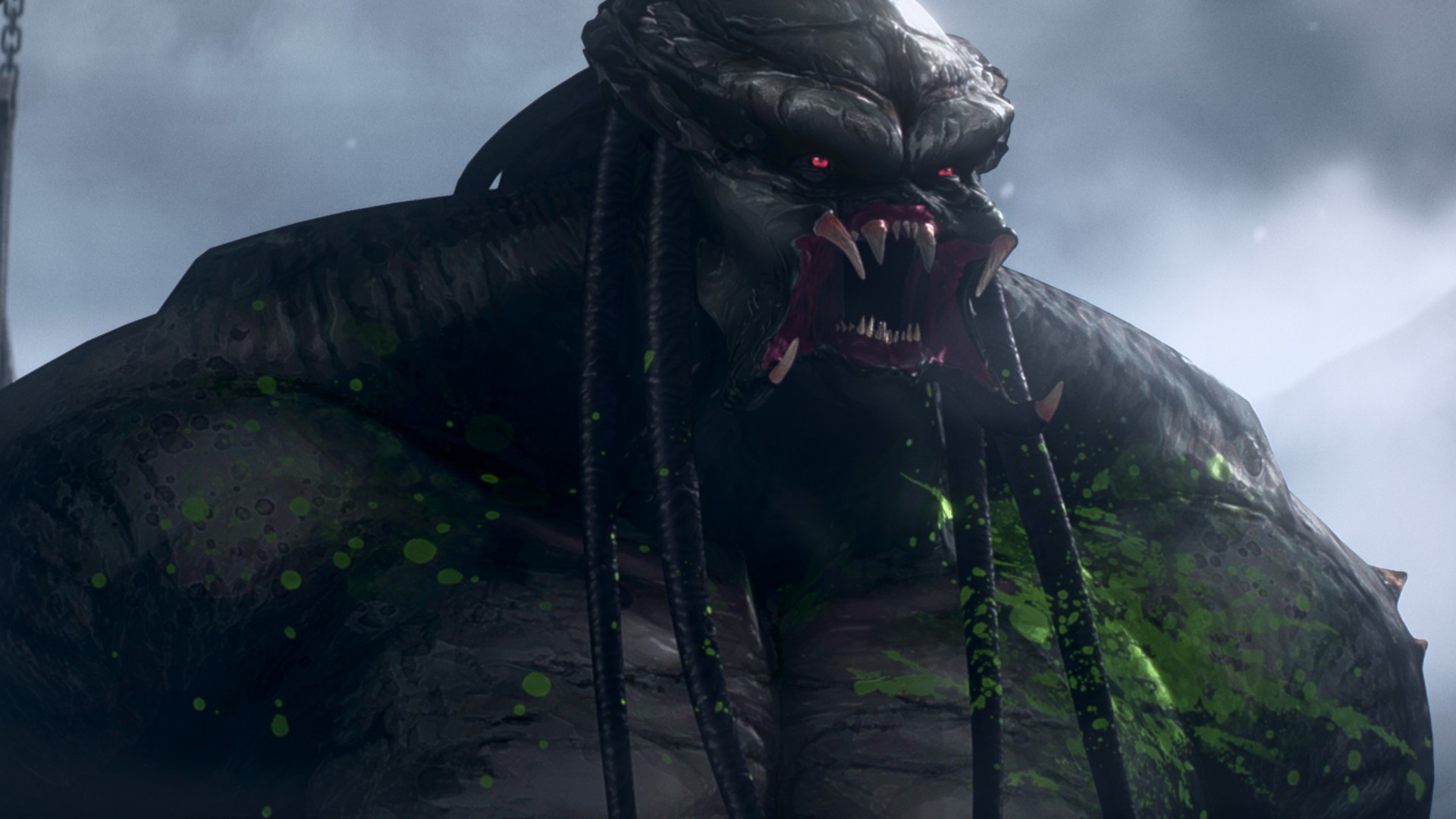40 movies actually made better by studio interference
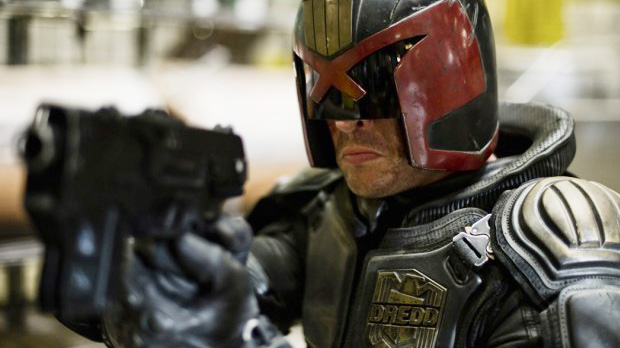
Making a movie is no easy task. Especially, if the studio paying for it has a different idea to the director about what it should be. Hancock, Spider-Man 3, the new Fantas🌄tic Four remake - we've seen it all before. When the studio wins, it usually means a potentially g💎reat movie is ruined, but not always...
Here's 40 movies that were actually made better thanks to studio interference. Whether it was the✨ studio pushing for the perfect casting (Fight Club), or making sure that a rewrite was done by the right person (Dredd), we have the studios to thank for these great movies.
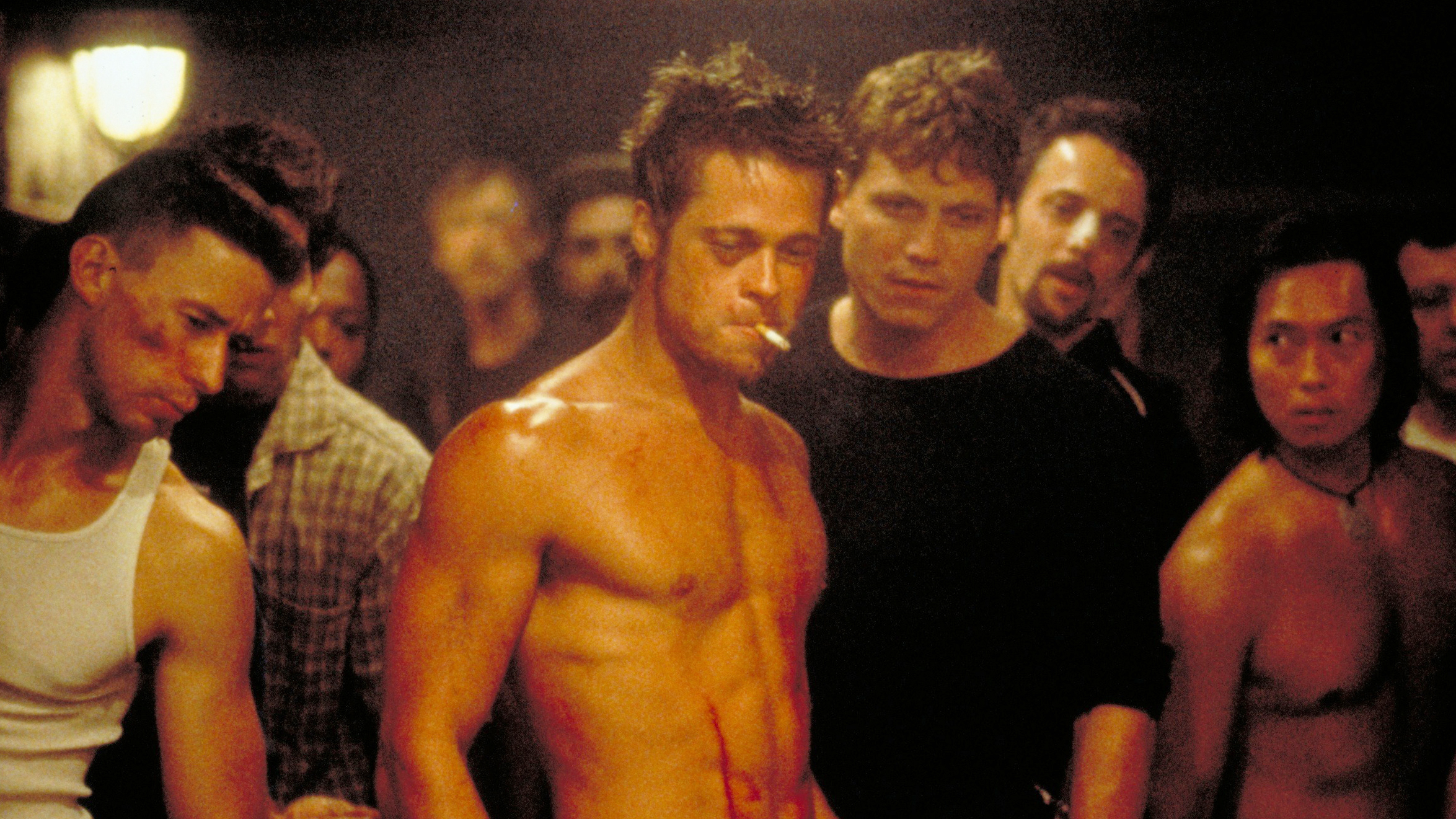
1. Fight Club (1999)
The Studio Interference: For a start, it was the studio that sou♒ght out Pitt and bagged him for the film. Meanwhile, a hyper-violent scene in which the narrator beats another club member to a pulp out of jealousy was re-cut to focus more on the narrator’s face. ꩲThe result is arguably more unsettling than was what scripted.
If They Hadn’t Stepped In: We’d have a far mor༒e graphical🍸ly violent, but arguably less disturbing scene.
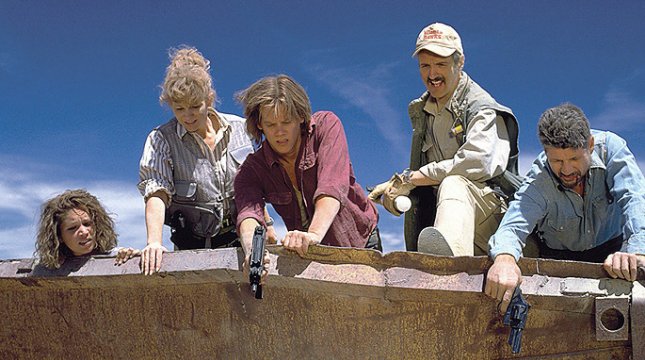
2. Tremors (1990)
The Studio Interference: A rare example of studio casting requests actually going right, this one. Universal requested that Michael Gross (from Family Ties) be drafted in to play Burt Gummer in Tremors, a prospect that ma♌de the production crew uneasy. When Gummer auditioned though, he nailed the role.
If They Hadn’t Stepped In: Gummer wouldn’t have ever been considered for the role, which would’ve been a tra🉐vesty given how aweso▨me he is in the film. Hurrah to Universal.
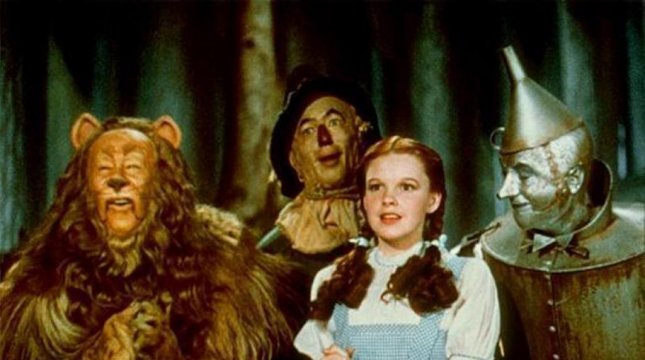
3. Wizard of Oz (1939)
The Studio Interference: Executives stepped in🥃 when the original Wizard of Oz script depicted the land of Oz as a real pla♚ce visited by Dorothy. Believing that audiences were too smart to buy Oz as a real Earth-bound location, they suggested the ending be changed so that Dorothy wakes up from a horrible dream.
Sign up for the Total Film Newsletter
Brinཧging all the latest movie news, features, and reviews to your i🐲nbox
If They Hadn’t Stepped In: If the original sꦑcript had been shot, the film still would have been a masterpiece, but the addition of the dream angle affords the film an even more queasy and fantastical feeling.
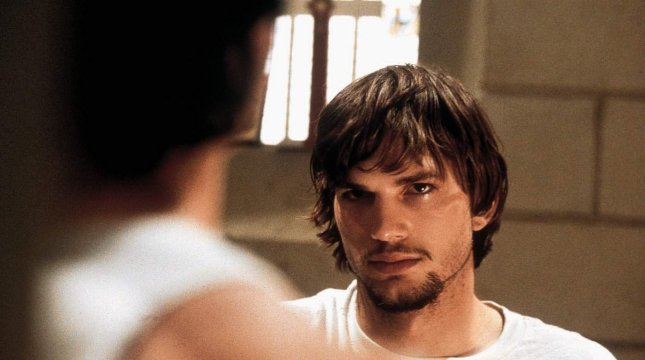
7. The Butterfly Effect (2004)
The Studio Interference: Studio execs stepped in to prevent directors Eric Bress and J. Mackye Gruber using their original ending𒆙 on this time-hopping thriller, instead tacking on something a little more hopeful and in keeping with the rest of the film.
If They Hadn’t Stepped In: Bress and Gruber’s origin🗹al ending – which you can see on their director&r♔squo;s cut – sees hero Evan Treborn (Ashton Kutcher) time-jumping back into his mother’s womb. Though we love the concept, there’s no doubt the theatrical ending is more audience-pleasing.
Josh Winning has worn a lot of hats over the years. Contributing Editor at Total Film, writer for SFX, and senior film writer at the Radio Times. Josh has also penned a novel about mysteries and monsters, is the co-host of a movie podcast, and has a library of pretty 😼phenomenal stories from visiting some of the biggest TV and film sets in the world. He would also like you to know that he "lives for cat videos..." Don't we all, Josh. Don't we all.

